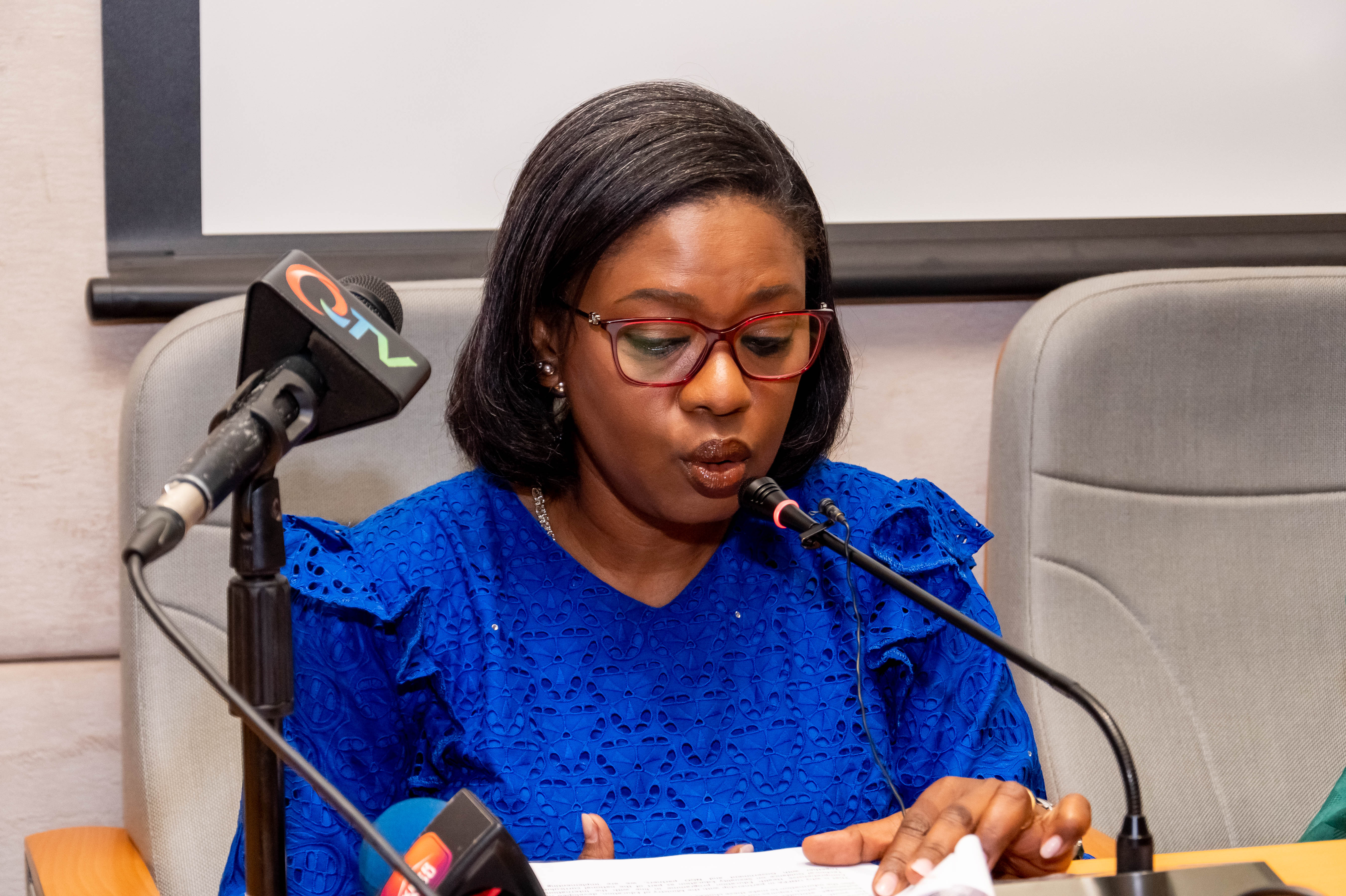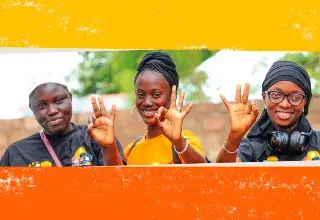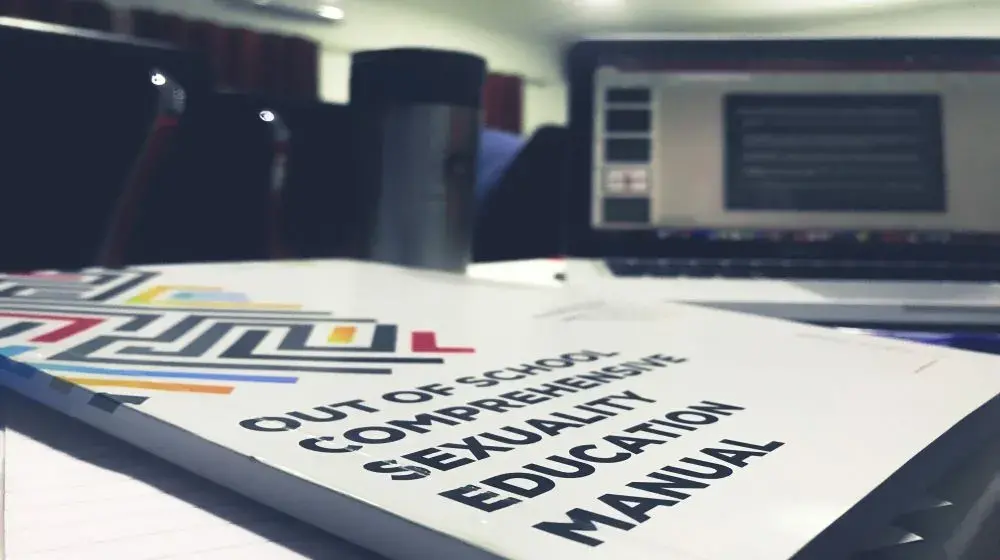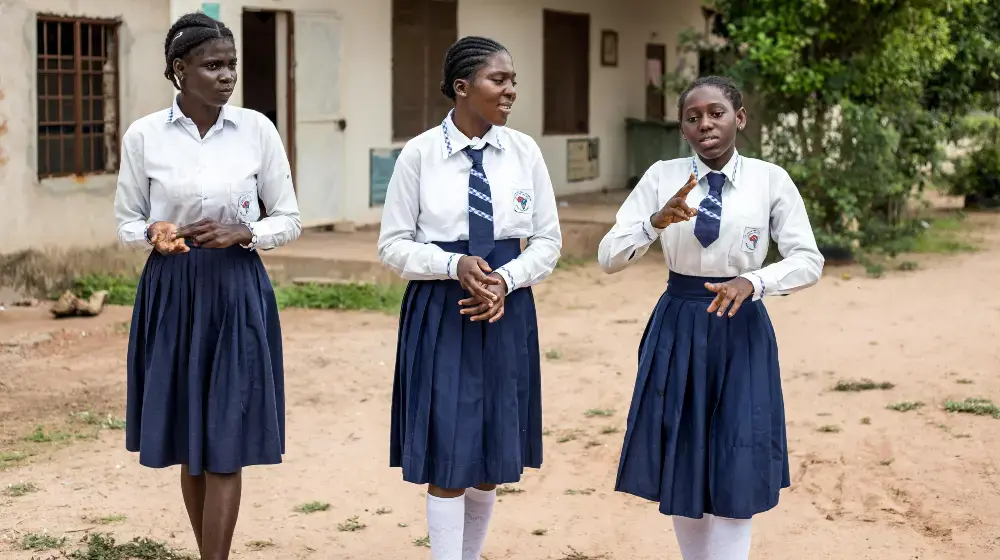According to the 2019-2020 Gambia Demographic and Health Survey, 99% of girls finish primary school as compared to 90.4% of boys. However, only 48.2% of girls go on to complete secondary school. This shows a significant gap in girls completing secondary school compared to boys. As such, there is a need to intensify efforts to prepare adolescent boys and girls to live healthy adult lives and be equipped with the life skills requisite to make informed choices.
UNFPA in partnership with UNAIDS and UNESCO, organized a three-day National Consultation of Stakeholders on Comprehensive Sexuality Education from 5th to 7th July 2022. The consultation was part of the process leading to a Regional high-level commitment for healthy, striving, and empowered adolescents and young people in West and Central Africa. The consultations brought together government officials, school authorities, parents, technical experts, and other stakeholders to reflect on the education, health, and well-being of adolescent girls and young people, by ensuring the implementation and promotion of Comprehensive Health Education both in and out of schools for adolescent boys and girls.
Speaking at the opening of the consultation, the UNFPA Country Representative, Ms. Ndéye Rose Sarr highlighted that
UNFPA’s commitment to work with government, civil society organisations, schools, and other development partners to implement Comprehensive Health Education, through in-school, out-of-school, and community-based programmes, will help promote policies for, and investments in sexuality education programmes that meet international and national standards.

She further emphasised on the importance of the CSE in schools as it will empower young people to make informed decisions about their bodies and futures.
During the national consultation, stakeholders formulated substantive recommendations to strengthen comprehensive education and information (CEI), SRH services, GBV prevention and protection of adolescents and young people at the national level. The recommendations call on Ministries, CSOs, and other partners to launch advocacy campaigns to sensitize young people on abstinence and safe sex, strengthen laws and prosecute perpetrators found guilty of engaging or supporting child marriage, FGM and other harmful practices. A key component of the consultation was the need for CSE program to be institutionalized by the government and integrated into school curriculums.
UNFPA is committed to ensuring that Adolescents and Young people have access to Universal Comprehensive Sexuality Education, by ensuring they have the right information and services on sexual reproductive health and rights with the intention of leaving no one behind
Media contact: Faith C. Ememodo – UNV Communications Associate ememodo@unfpa.org





